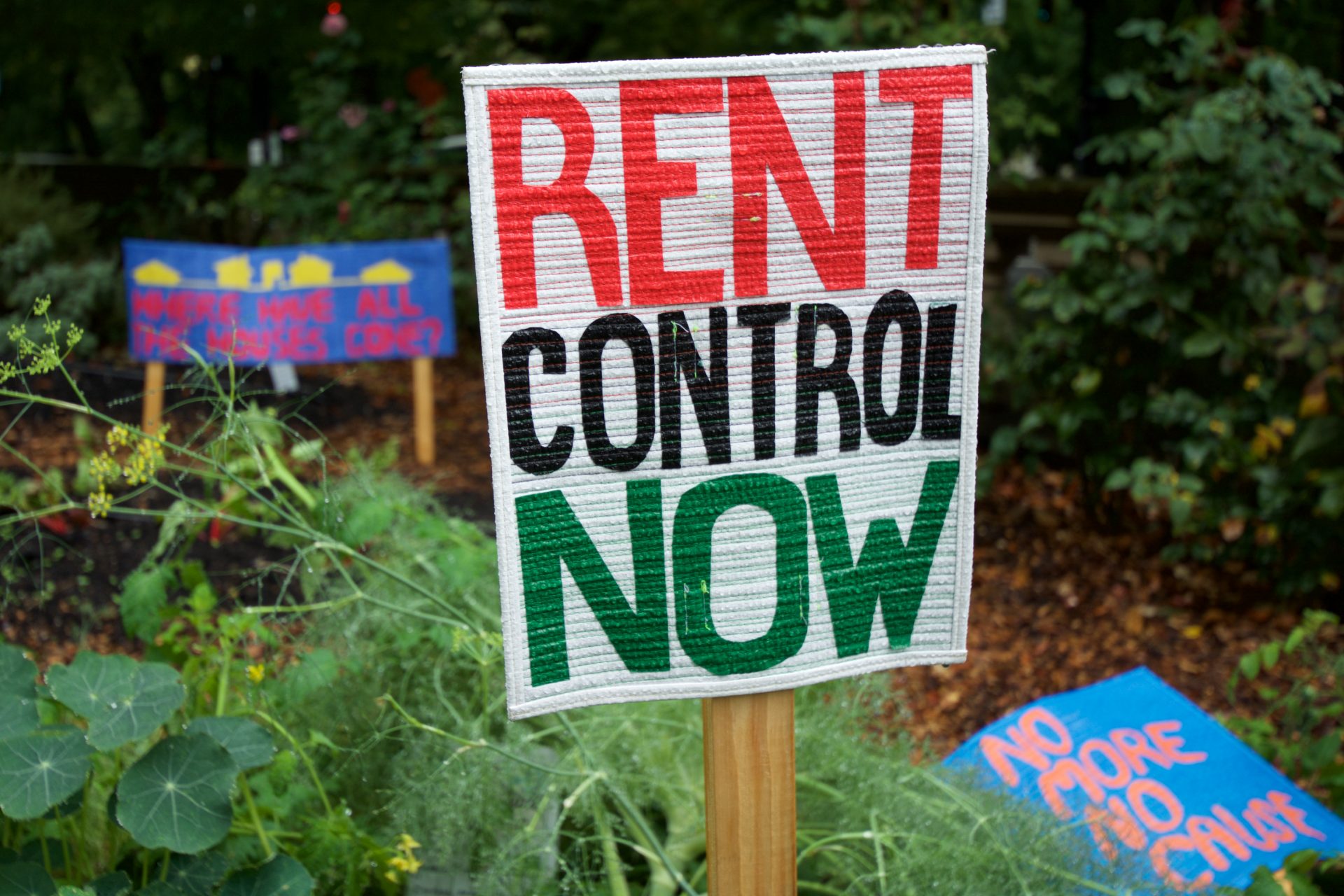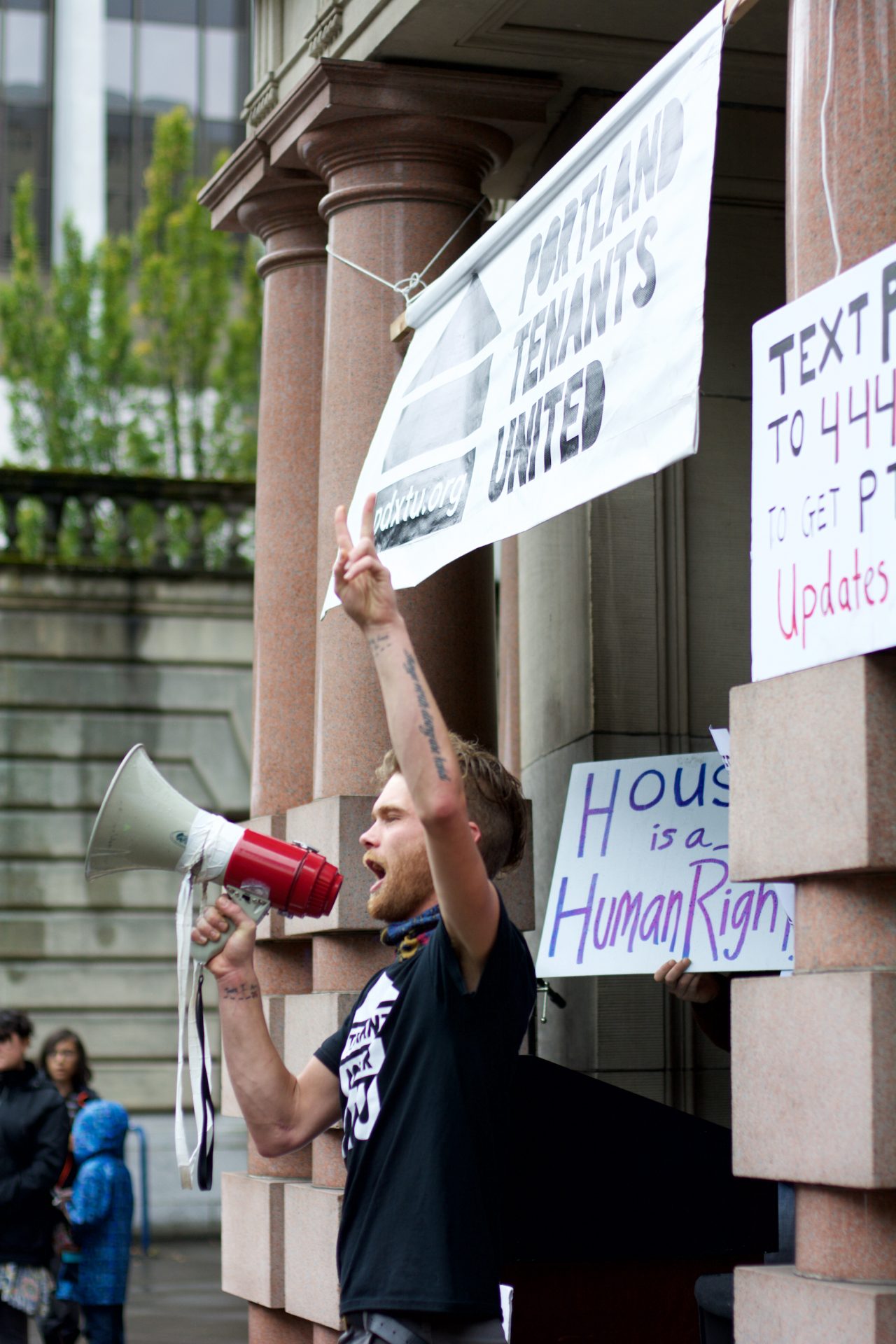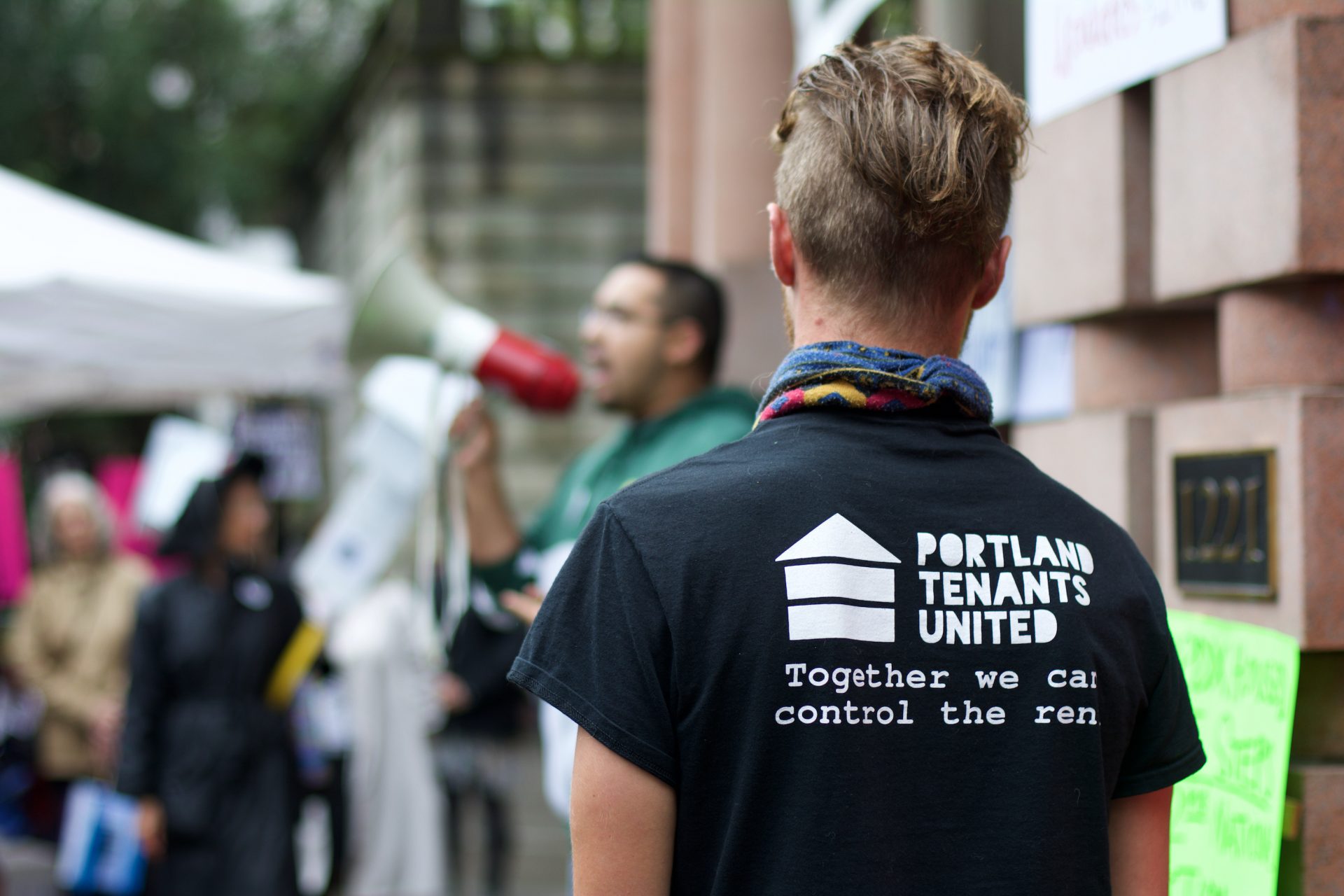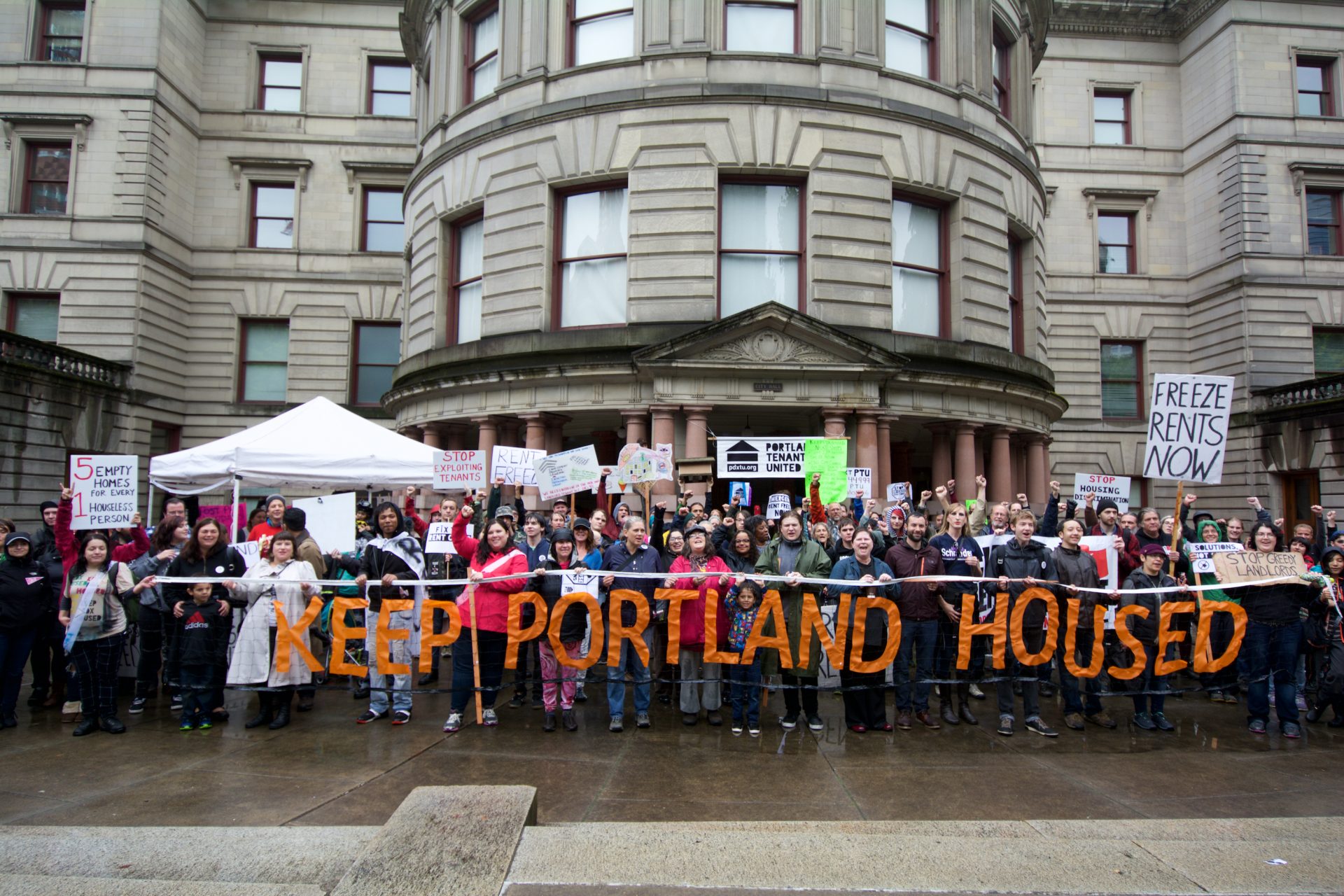
MEMBERS OF the Lewis & Clark community are having a range of experiences with issues of gentrification, affordability and housing policies. Whether students live on campus, rent a house with classmates or are originally from Portland, housing issues have been coming up in conversations more often in Portland both on and off the hill.
Students have observed changes in their time on campus, indicating the rapid pace of development and displacement. These phenomena have occurred throughout the history of the city, and the campus community is learning some of the context behind current events.
“I didn’t know a whole lot about Portland’s housing crisis before I arrived at LC,” Ocean Eale ’19 said. “Since I’ve been here though, I’ve noticed that the housing crisis is much like it is back where I grew up in Hawaii: the Portland area is an attractive place to live, so people are moving in by the droves and the housing stock isn’t keeping up. However, a lot of it is fueled by greedy landlords who are taking advantage of the situation and the laws to expand their profit margins. Landlords are a protected lobby in the state of Oregon. Oregon has also codified into law that municipalities (such as Portland, Beaverton, Hillsboro, Salem, etc.) cannot institute rent control.”
Eale is referencing Oregon Revised Statute (ORS) 91.225. Section 5 of the statute notes one exception for instances of natural or man-made disasters, whereupon rent controls must then be removed “when the rental housing supply is restored to substantially normal levels.”
Sully Pujol ’17 similarly noted connections between policies, evictions and social trends.
“Ironically, the situation became known to me while I was living in Spain last semester on a study abroad trip because I was doing research on who to vote for for Portland mayor, among other positions in the local election,” Pujol said. “Almost all the candidates addressed the housing crisis in their campaigns and then I started reading about it more and its direct implication with homelessness in Portland. Gentrification is definitely a thing, especially in a place like Portland, where it’s trendy and young people with disposable income and wealthy parents[who] are kicking out people on fixed incomes.”
Yet a number of students are not relying on parents’ wealth. The realities of paying rent become more than an optional discussion topic.
Margot Black, Director of the Symbolic & Quantitative Resource Center (SQRC), has worked with these realities for years. She acknowledges the variety of ways LC students may navigate the market: from working students’ difficulty in formally addressing these issues when bill payments and schoolwork pile up, to middle class students seeking an affordable place to live with the risk of subtly stepping into the systems displacing local Portlanders – particularly locals who are people of color and/or lower income. While organizations like A Thousand Friends of Oregon, Portland Tenants United (PTU), and the Welcome Home Coalition are currently working to approach housing as an economic, social, racial, and environmental justice issue, Director Black offered some suggestions for students wishing to mirror these efforts on campus.
“Students can volunteer for various housing justice organizations, show up for local actions, or they could start a student chapter of PTU – maybe in collaboration with Reed, PSU, and PCC,” Black said. “I’d encourage all students to find a way to get involved because housing quality, availability, affordability, and security are definitely foundational and intersectional matters of social justice. ”
Reed College students like Daniel Hong ’17 rallied against increased costs to on-campus housing over the past year and actually got it reversed. Hong had advice for college students looking to address Portland housing issues.
“If you are living off campus, get involved with the tenants union,” Hong said. “Get involved with a neighborhood association, get involved with your roommates if a landlord is being shitty to you. Do not underestimate the power of a simple letter. Do not underestimate the power of asserting your rights, asserting basic things like 24-hour notices, basic things like having repairs done in a timely manner and to remind them. I know that because of the power that landlords have to evict people, that it can be discouraging for a tenant to raise their voice. But, if you have the support of your roommates, then there’s actually a lot of power present.”
For on-campus dwellers, he notes that knowing who the administrators in charge are is useful in addressing changes in cost or unfair treatment. Director Black also suggested engaging with city council and neighborhood associations, particularly in the upcoming elections where different housing-related initiatives will be up for a vote. Researching and campaigning for these initiatives (and candidates supporting or opposing them) are additional options for students.
Students have been engaging with Portland’s changing housing landscape as long as the college has been around. Debates around boosting housing supply and tenants’ rights are likely to heat up around the election. The breadth and depth of these issues are developing daily, as students continue striving to study and survive.

Subscribe to the Mossy Log Newsletter
Stay up to date with the goings-on at Lewis & Clark! Get the top stories or your favorite section delivered to your inbox whenever we release a new issue.



Leave a Reply